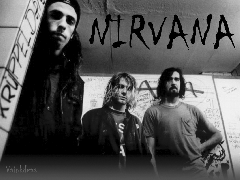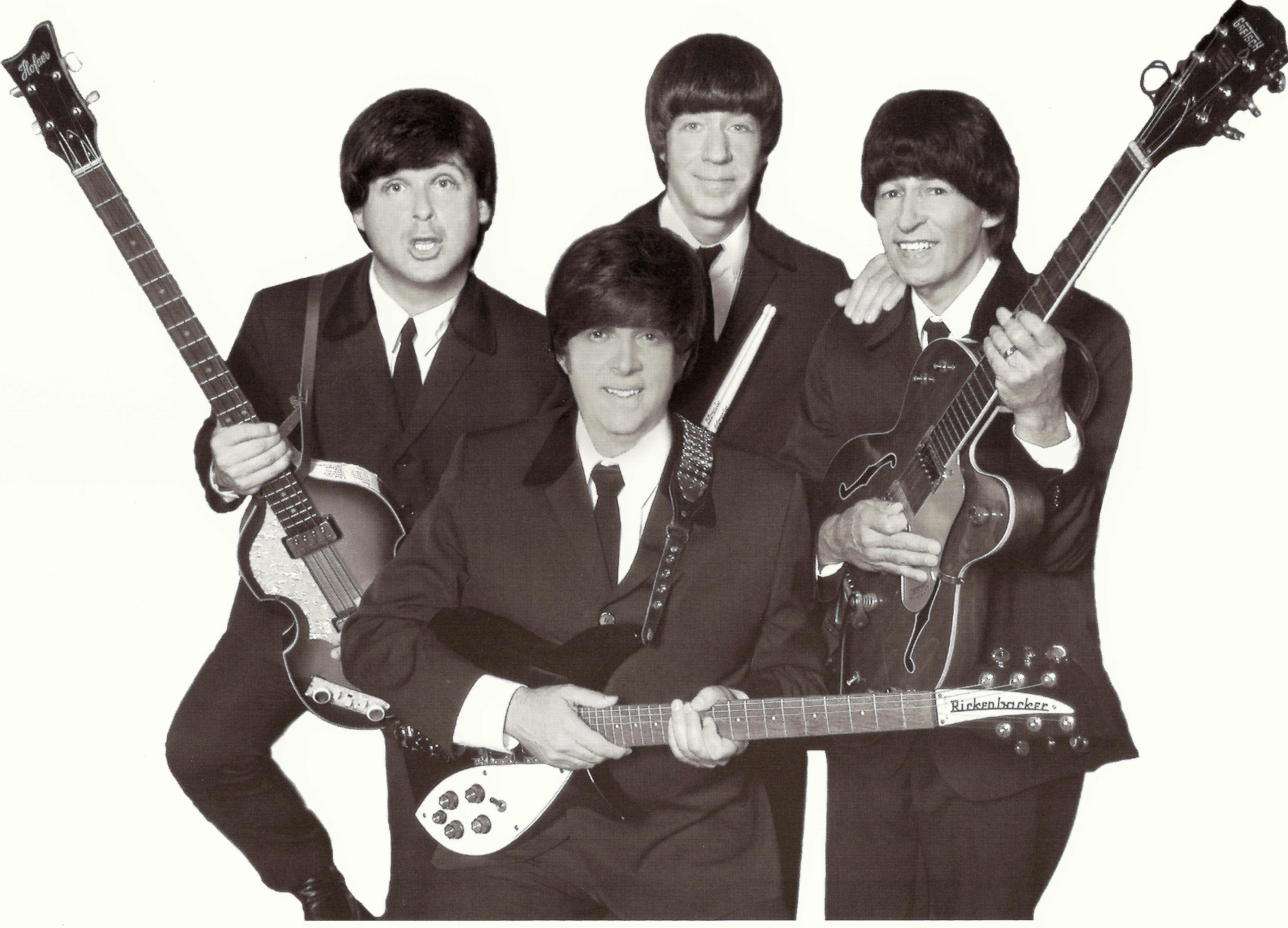- Parent Category: Reader's Corner
The Evolution Of Music Part - XII
Reggae is a music genre first developed in Jamaica in the late 1960s. While sometimes used in a broader sense  to refer to most types of Jamaican music, the term reggae more properly denotes a particular music style that originated following on the development of ska and rocksteady.
to refer to most types of Jamaican music, the term reggae more properly denotes a particular music style that originated following on the development of ska and rocksteady.
Reggae is based on a rhythmic style characterized by accents on the off-beat, known as the skank. Reggae is normally slower than ska but faster than rocksteady. Reggae usually accents the second and fourth beat in each bar, with the rhythm guitar also either emphasising the third beat or holding the chord on the second beat until the fourth is played. It is mainly this ‘third beat’, its speed and the use of complex bass lines that differentiated reggae from rocksteady, although later styles incorporated these innovations separately.
Add a comment Read more: The Evolution Of Music Part - XII


 early 1970s, which was performed by singers and musicians who wore outrageous clothes, makeup and hairstyles, particularly platform - soled boots and glitter. The flamboyant costumes and visual styles of glam performers were often camp or androgynous, and have been connected with new views of gender roles. Glam rock visuals peaked during the mid 1970s with artists including David Bowie, T. Rex, Roxy Music and Gary Glitter in the UK and New York Dolls, Lou Reed and Jobriath in the US.
early 1970s, which was performed by singers and musicians who wore outrageous clothes, makeup and hairstyles, particularly platform - soled boots and glitter. The flamboyant costumes and visual styles of glam performers were often camp or androgynous, and have been connected with new views of gender roles. Glam rock visuals peaked during the mid 1970s with artists including David Bowie, T. Rex, Roxy Music and Gary Glitter in the UK and New York Dolls, Lou Reed and Jobriath in the US. Punk began as a reaction against the popular music of the period, especially disco and arena rock. American bands in the field included, most famously, The Ramones and Talking Heads, the latter playing a more avant-garde style that was closely associated with punk before evolving into mainstream New Wave. Other major acts include Blondie, Patti Smith and Television.
Punk began as a reaction against the popular music of the period, especially disco and arena rock. American bands in the field included, most famously, The Ramones and Talking Heads, the latter playing a more avant-garde style that was closely associated with punk before evolving into mainstream New Wave. Other major acts include Blondie, Patti Smith and Television.
 Hip hop is a cultural movement, of which music is a part. Hip hop music for the most part is itself composed of two parts: rapping, the delivery of swift, highly rhythmic and lyrical vocals; and DJing and/ or producing, the production of instrumentation either through sampling, instrumentation, turntablism or through beatboxing, the production of musical sounds through vocalized tones. Hip hop arose in the early 1970s in The Bronx, New York City. Jamaican immigrant DJ Kool Herc is regarded by many as the progenitor of hip hop; he brought with him from Jamaica the practice of toasting over the rhythms of popular songs.
Hip hop is a cultural movement, of which music is a part. Hip hop music for the most part is itself composed of two parts: rapping, the delivery of swift, highly rhythmic and lyrical vocals; and DJing and/ or producing, the production of instrumentation either through sampling, instrumentation, turntablism or through beatboxing, the production of musical sounds through vocalized tones. Hip hop arose in the early 1970s in The Bronx, New York City. Jamaican immigrant DJ Kool Herc is regarded by many as the progenitor of hip hop; he brought with him from Jamaica the practice of toasting over the rhythms of popular songs. term ‘band’, boy band members usually do not play musical instruments although exceptions do exist.
term ‘band’, boy band members usually do not play musical instruments although exceptions do exist. keys, and complex song structures with multiple tempo changes.
keys, and complex song structures with multiple tempo changes.